Rent money is dead money… or is it?
A spate of government grants and record-low interest rates have opened opportunities for many potential buyers to get on the property ladder.
However, many experts warn that rushing to purchase a property just to access these state-sponsored subsidies may do more harm than good in the long run. Buying a house, much like any huge financial investment, requires sufficient planning and preparation. Here are some potential benefits and drawbacks of homeownership.
Pros
1. It gives you a sense of security and freedom.
Having your own home gives you a sense of certainty because you know that you will not be evicted as long as you keep meeting your mortgage repayments. You also do not have to worry about rent increases, lease terms, or getting along with your landlord. Another advantage of owning your place is that you have the freedom to make changes and renovations that can add value to your home.
2. Properties tend to increase in value over time.
The latest figures from CoreLogic revealed that Australian home prices have not only exceeded pre-pandemic levels, but reached a “fresh record high,” shattering the previous peak recorded in September 2017. This is the kind of news many homeowners are waiting to hear because a rise in market prices often means there is also an increase in the value of their properties.
However, property values can also drop if the housing market experience as downturn. When this happens, it is important to keep calm and bear in mind that homeownership is a long-term investment.
3. You can build up your equity with each payment.
As you pay your mortgage, the equity on your property also builds up. You can tap into this equity and use it to fund huge personal spending such as a child’s education, new car, home renovation, or investment property.Cons
1. It entails heavy financing.
What makes purchasing a home a daunting endeavour for many is the heavy financing typically involved. To understand if homeownership suits your financial situation, you must carefully consider several initial and continuing costs. These include:
Upfront costs
- Deposit – usually 20% of the property’s value
- Lenders mortgage insurance (LMI) – if you do not have enough for a 20% deposit
- Loan establishment fees
- Stamp duty
- Connection fees for utilities
- Legal fees, including solicitor or conveyance fees
Ongoing costs
- Mortgage repayments
- Land tax
- Council rates and body corporate fees
- Repair and maintenance costs
2. The value of your property may decrease.
As mentioned earlier, a downturn in the housing market can negatively impact the value of your property.



